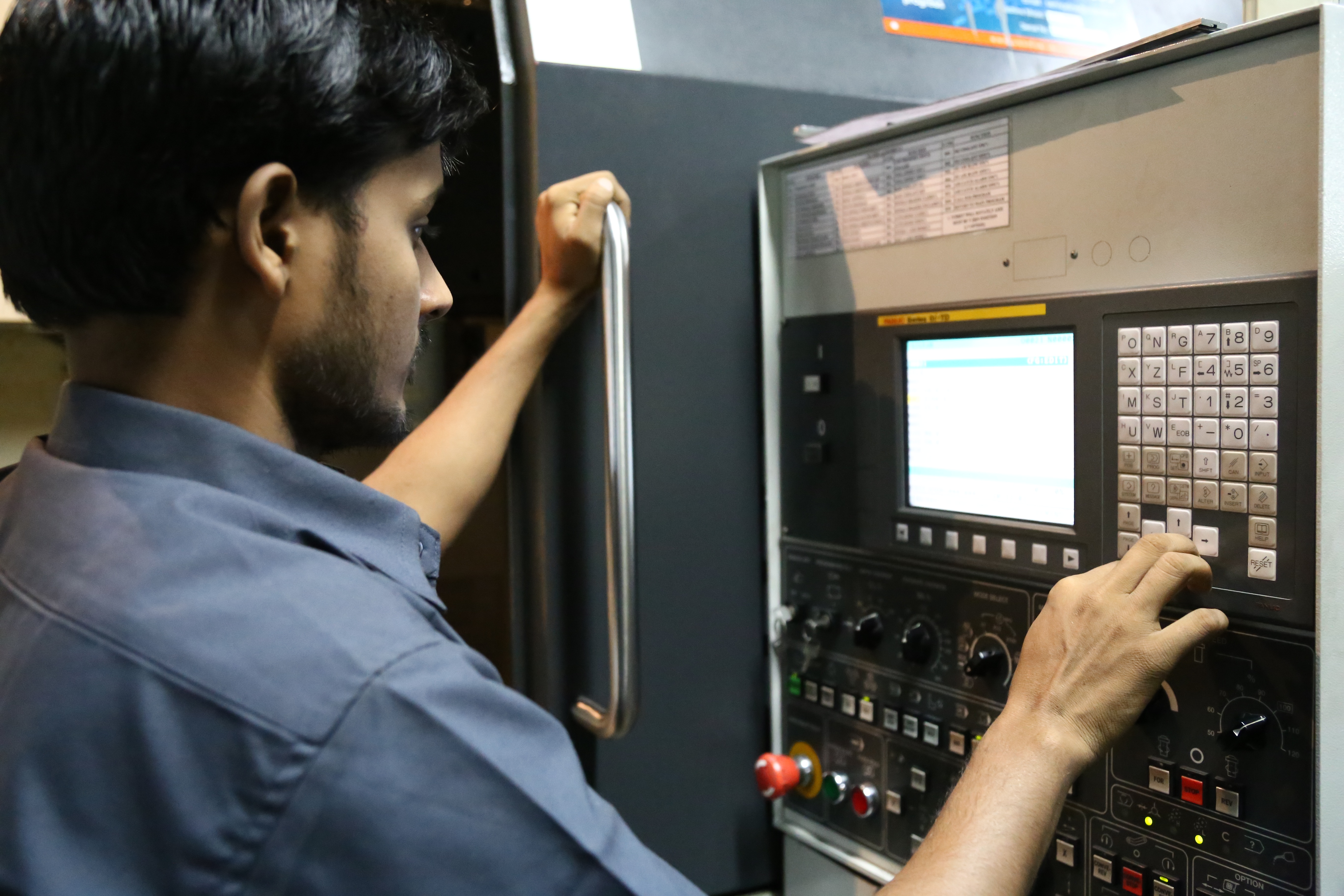BdC ESPoR
THE NEED
The process of migrants’ integration into the job market is hindered by several limiting factors: insufficient knowledge of available professional training, and of the job market in the host nation; poor awareness of individual skills; lack of career planning; unrealistic expectations; resistance to get started again and reshape one’s career in light of a new employment context.
The suggestions they are usually given tend to focus on speeding up the process of retraining and job placement, without having first accompanied the migrant through a process of becoming aware of their own resources and their real marketability.
Such an approach results in resistance and poor efficiency and effectiveness when putting oneself forward in the job market
The suggestions they are usually given tend to focus on speeding up the process of retraining and job placement, without having first accompanied the migrant through a process of becoming aware of their own resources and their real marketability.
Such an approach results in resistance and poor efficiency and effectiveness when putting oneself forward in the job market
THE MODEL
The ESPoR skills audit model is based on a career guidance process that helps each migrant to become aware of their individual skills and resources, to have a realistic understanding of how their skills may be of use in the job market, and to develop an open mind towards new and more realistic job opportunities, without having to consider less fulfilling jobs than they may have originally aspired to.
The model mainly takes place within group sessions and is based on the autobiographical accounts. These accounts are initially conducted in an unstructured fashion, with the aim to view past experiences in a new light.
Following this, the account is then refined in order to identify, describe and note any work experience or specialised training in a reliable and clear format, and therefore highlight any professional skills.
The model mainly takes place within group sessions and is based on the autobiographical accounts. These accounts are initially conducted in an unstructured fashion, with the aim to view past experiences in a new light.
Following this, the account is then refined in order to identify, describe and note any work experience or specialised training in a reliable and clear format, and therefore highlight any professional skills.
THE PROCESS
The process is made up of 2 one-to-one interviews and 9 group sessions, and tackles the following themes in order:
1 interview to build the psychological contract and to introduce the autobiographical account
2 meetings regarding the autobiographical account using the exercise called “My career box”
2 meetings regarding transversal skills
2 meetings regarding the Italian job market and professional training
1 meeting regarding preferred choice of profession and its description
1 meeting regarding job history
1 interview to put together a portfolio
1 meeting to hand over the portfolio, and reflect on the whole process
1 interview to build the psychological contract and to introduce the autobiographical account
2 meetings regarding the autobiographical account using the exercise called “My career box”
2 meetings regarding transversal skills
2 meetings regarding the Italian job market and professional training
1 meeting regarding preferred choice of profession and its description
1 meeting regarding job history
1 interview to put together a portfolio
1 meeting to hand over the portfolio, and reflect on the whole process
The guidance lasts between 2 to 3 months, with one or two meetings each week to support the development of a new outlook with regards to their abilities and potential, their marketability in the job market, career planning or reshaping.
Each group of 10 participants is led by an operator who has undergone 6 days of training, and who is supported throughout the trial period by coaching at a distance.




